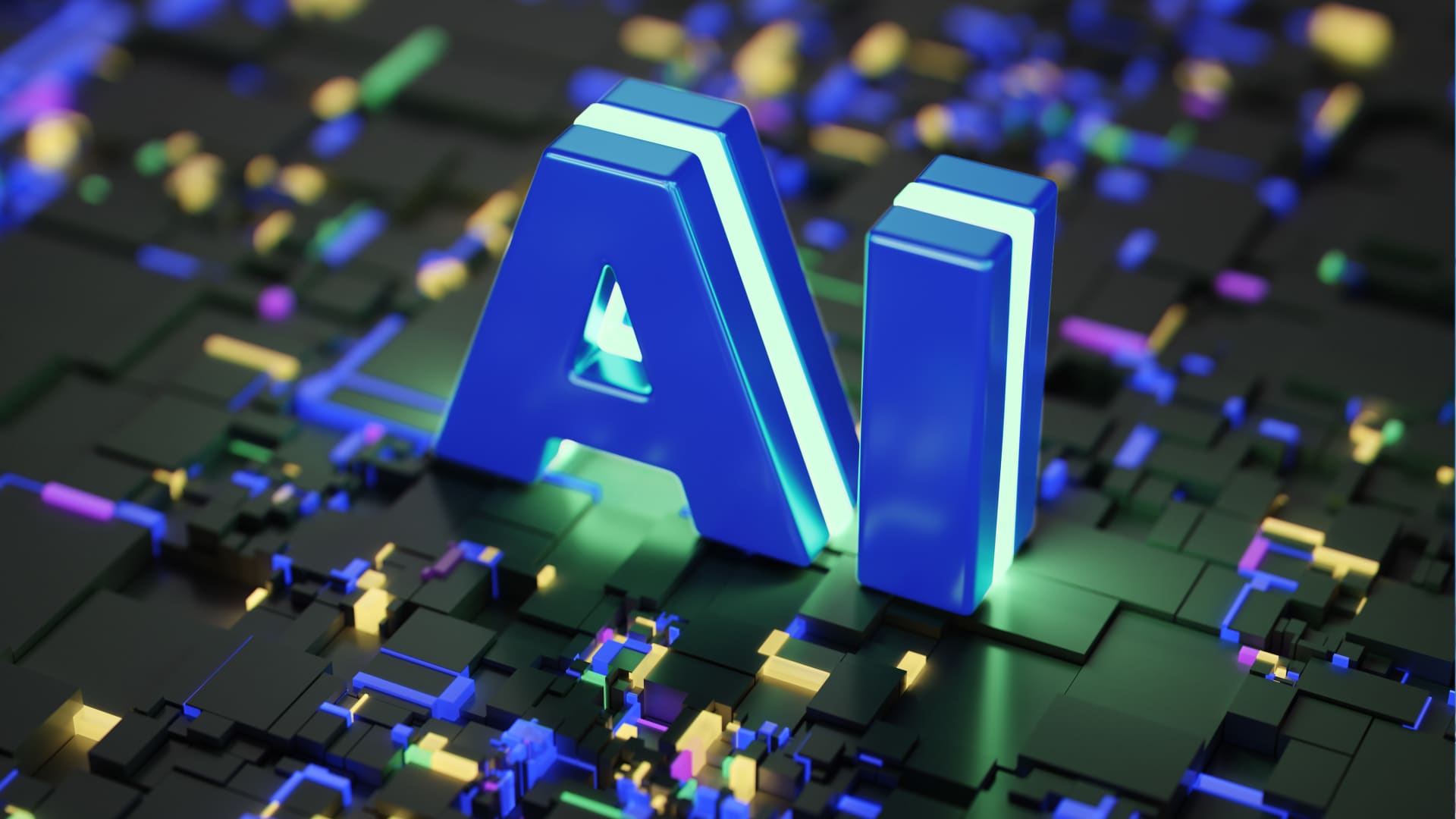Analysts at Morgan Stanley named companies that have quantified how much money they can make — or save — from using generative artificial intelligence (AI). In an analysis of first-half results announcements and earnings calls since July 1 from firms with a market capitalization of $10 billion or more, Morgan Stanley said 29 “quantified the revenue opportunity,” while 36 companies “quantified a cost or productivity gain,” in an August 14 note to investors. While firms like Alphabet , Meta and Microsoft are on Morgan Stanley’s list, non-tech companies are also financially benefiting from using generative AI, the bank said. “These range from Energy companies speeding up material discovery to Industrials companies helping to manage equipment failures to Health Care companies accelerating drug discovery,” the analysts led by Edward Stanley wrote. Here’s what some of the reporting companies said about how much they’re making or saving by using AI or generative AI, according to Morgan Stanley’s note. Alphabet said: “Our new generative AI offerings are expanding our total addressable market and winning new customers. We are seeing strong demand for the more than 80 models, including third-party and popular open source in our Vertex, Search and conversational AI platforms with the number of customers growing more than 15x from April to June.” Meta said: “AI recommended content from accounts you don’t follow is now the fastest growing category of content on Facebook’s feed, [which has] driven a 7% increase in overall time spent on the platform.” Microsoft said more than 11,000 customers use its Azure OpenAI Service, with nearly 100 customers added every day in its most recent quarter. “More than 1 million organizations now count on our comprehensive AI-powered solutions … up 26% year-over-year,” the company added. The Italian bank Intesa Sanpaolo said it has 35 use cases for AI and expects this to rise to 140 “in the next couple of years, generating €0.5 billion [$0.54 billion] benefit in gross income,” Morgan Stanley said. Ceridian HCM , an HR software company, said its generative AI tool was answering 85% of customer questions, up more than 10% on the previous quarter, which is “on pace to provide a 10% gain in overall productivity in the customer support.” VAT Group , a Swiss company that makes valves for semiconductors, expects AI-related revenue to grow at a compound annual growth rate (CAGR) of 32% over five years, per Morgan Stanley’s report. Pharma company AstraZeneca said AI was speeding up drug development: “In our in-house AI-enabled tool (Route Manager) we have reduced in-route synthesis lead times from 9-12 months to 5-6 months, and [aiming] to reduce lead times to [under] 3 months.” Energy and materials company Comstock said AI had dramatically reduced the time and money it takes to work out the best material to use for some projects “within less than a day and for less than $10,000 [versus 10 years and $10-100 million].” Vertiv , which provides services to data centers, said it had received “AI-related orders … in the tens of millions of dollars,” per Morgan Stanley’s note. Life science company Bruker said: “Approximately $75 million of our estimated 2023 revenue is driven by AI trends, and we think this will keep increasing.” “AI-based technologies could drive incremental productivity and can coincide with periods of strong top-down market returns. We noted 47 quotes from management teams at 2Q23 relating to productivity gains or efficiency in employee training,” Morgan Stanley said.
This website uses cookies so that we can provide you with the best user experience possible. Cookie information is stored in your browser and performs functions such as recognising you when you return to our website and helping our team to understand which sections of the website you find most interesting and useful.





















Discussion about this post